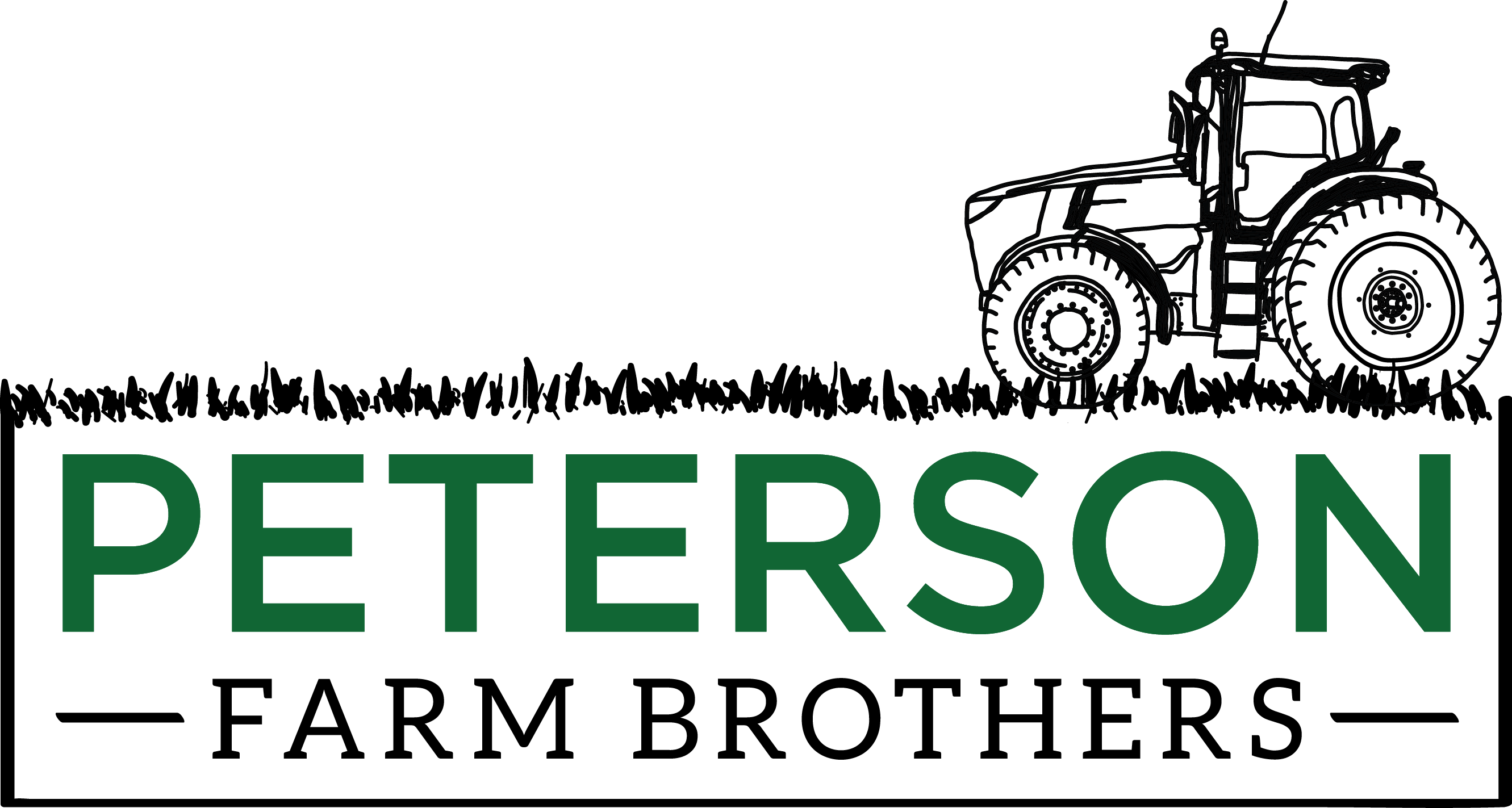By Greg Peterson
Many have probably seen or heard about Chipotle’s commercial, “The Scarecrow” and their recent video series, “Farmed and Dangerous.” Chipotle claims these spots are shedding light on the “inhumane” and “unsustainable” nature of “industrial farming.” They try to use the videos to inform people of the perceived problems with the current food system, such as the difference between meat that is ethically raised and meat that isn’t. Their approach seems genuine and sincere at first and is attracting a lot of attention from consumers. I’m certain that Chipotle is doing a lot of positive things with their “food with integrity” approach and to be clear, I do agree with the general ideals Chipotle claims they are supporting:
- The consumer does deserve healthy meat from humanely raised animals
- The family farmer is who should be raising their food
- Ethical behavior should be of greater concern than profit.
What I don’t agree with is Chipotle’s definitions of family farmers, humanely raised animals, and ethical behavior. As a 5th generation family farmer in central Kansas, I along with my family raise cattle for beef production. Our farm is quite large, with an operation of over 1,000 head, and yes, we raise our livestock “conventionally.” That means our cattle are confined in pens, antibiotics are given to revive them when they are sick, and hormones are administered to them to promote healthy growth. These are all methods Chipotle has deemed “unhealthy, unsustainable, and unethical” and are some of the main things they attack in their video series. So……
While it may seem that Chipotle is on the side of family farmers, the truth is that they are attacking thousands of family farms across America like ours that fit the definition of an “industrial farm.”
If you were to Google these conventional methods, I’m sure most of what you would find is negativity. The “Google search” certainly supports Chipotle’s claims. There are many out there who have created videos and written blogs about these methods that are very misinformed, twisted to fit an agenda, and sometimes even outright lies.
Before you read these articles, you should always ask yourself:
- How many of these people have actually visited real farms (like ours) in person that use these methods? (Most are relying on Internet content and other’s opinions)
- Where is the scientific proof (not opinions) that these methods are bad?
Nearly everyone who believes these methods are wrong (including Chipotle) are basing their beliefs on what seems to be everyone’s collective emotions toward the concepts, and have never actually seen the way the overwhelming majority of conventional beef is raised in person. I do say majority because there are exceptions where animals are not treated correctly, and I will address that later on. There are so many misconceptions on this topic, believe me.
“Believe me.”
Why am I, Greg Peterson, asking the people reading this to trust what I have to say on this topic? Well first of all, I am a real farmer, and I have been all of my life. I base my beliefs off of personal experience on a real farm and the real, independent, scientific research that has been done on the topics. The reality of who I am compared to the propaganda (from both sides of the argument) of what you might read on the Internet is what should set me apart. As a farmer, I will actually do as much research as anyone into what I grow as food. It’s my livelihood. Who do you think is more of an expert on farming, a blogger from the city, an overpaid celebrity, a giant fast food corporation, or a real life family farmer? I’m not a corporate spokesman, a paid journalist, or a crazed activist. I’m a down-to-earth, hard-working farmer, who isn’t getting paid a dime to write any of this. Quite honestly, I am literally writing this article for the sole purpose of promoting the truth and correcting the false information that so many believe about some of the most valuable people in the world, family farmers.
Furthermore, my own family eats our own beef and our own crops (straight from the field!) and we have never doubted the quality of them for a second. I definitely understand why people are scared of what Chipotle and others are claiming is happening in agriculture and are concerned about what they are eating, but if my family trusts what we are growing and the methods that we use enough to eat it ourselves, then why shouldn’t you?
I’m asking for your trust in reading this, and I know that is a hard thing to gain these days. There is so much misinformation out there anymore. But I hope that most of you have followed my brothers and I for awhile now and understand who we are, what we are about, and where we are coming from. Please, keep an open mind with what you are about to read, because it will probably contradict a lot of different things you have heard about large agriculture operations.
Let’s talk about the 3 different definitions I believe Chipotle has gotten wrong:
Part 1: The Peterson Farm Bros’ Beef With Chipotle
Part 2: The Definition of a Family Farmer
